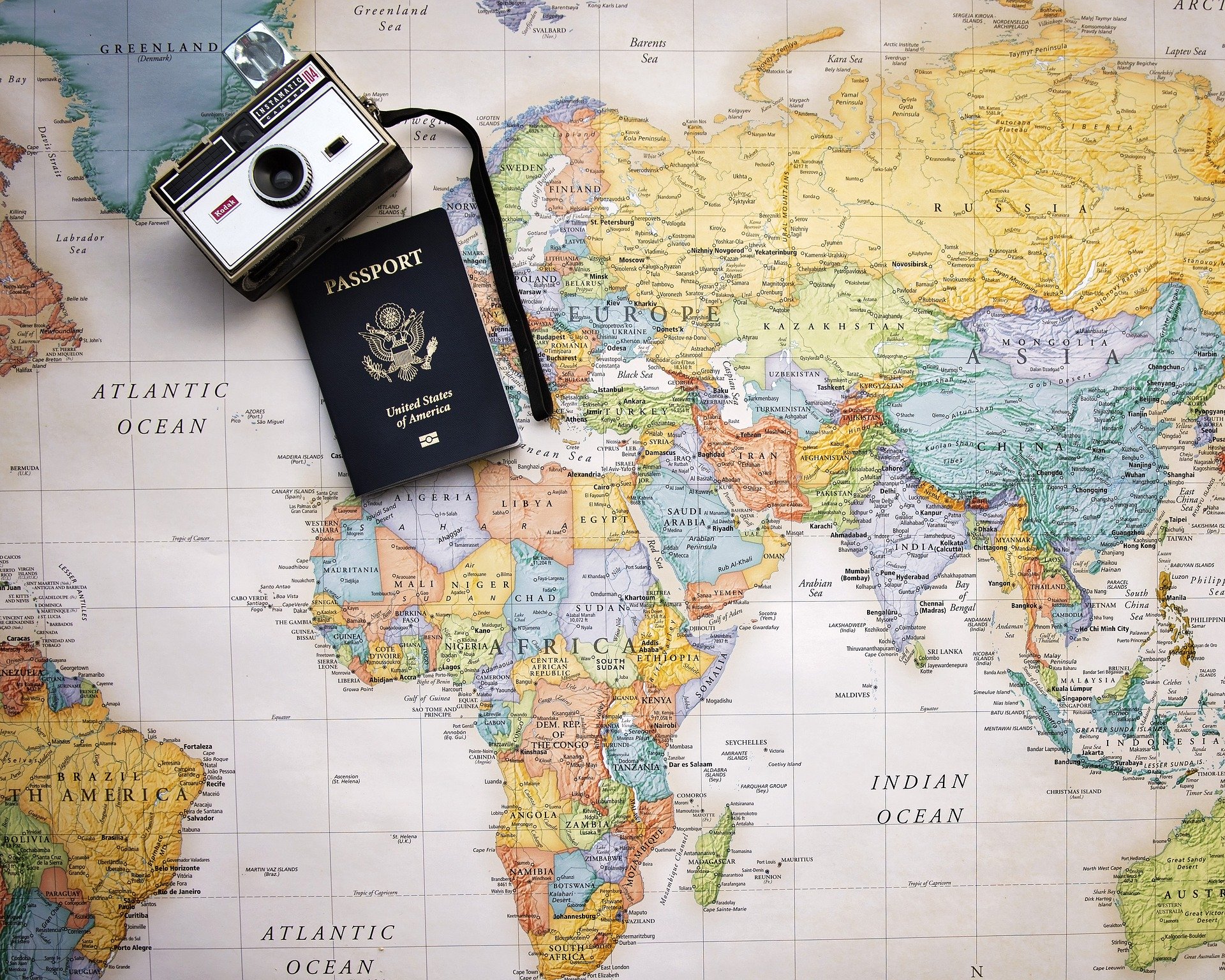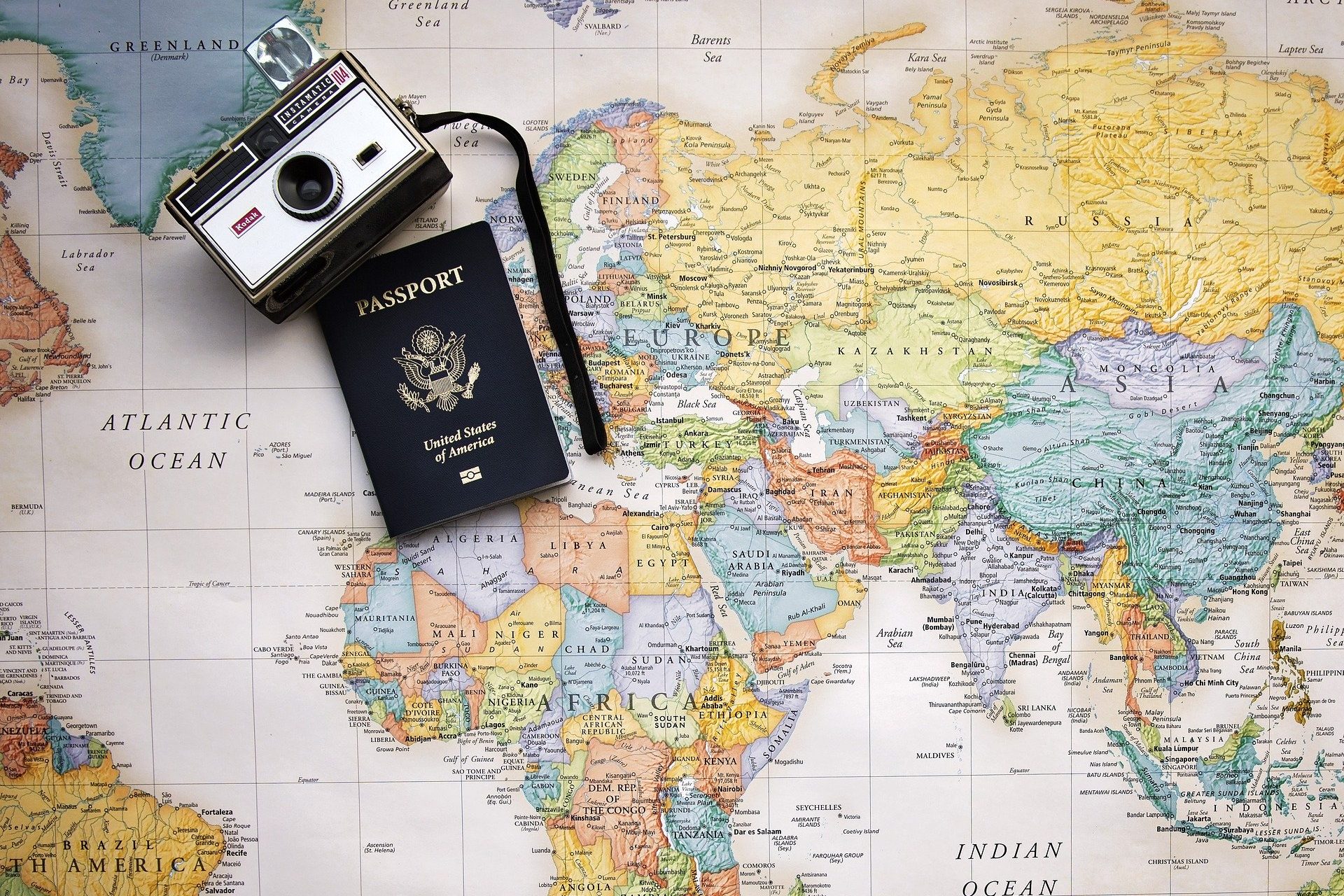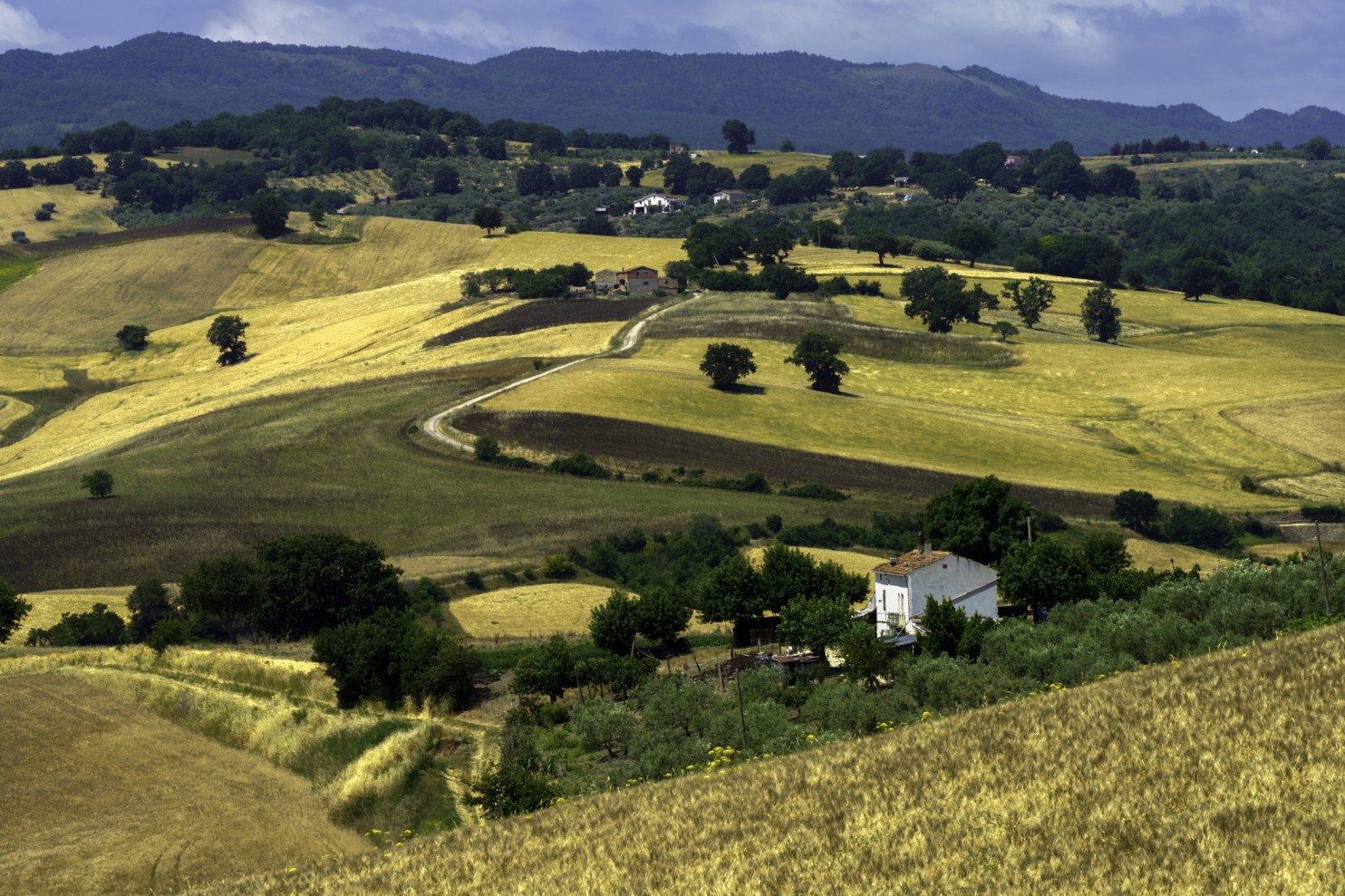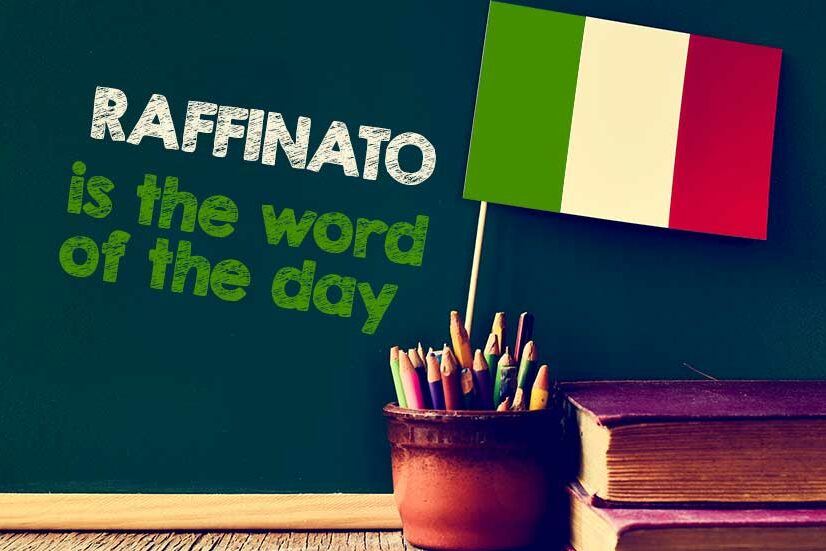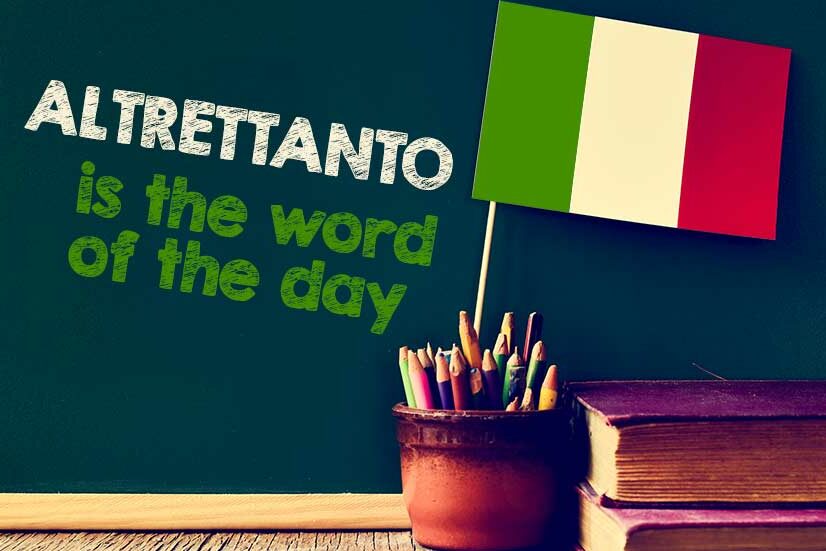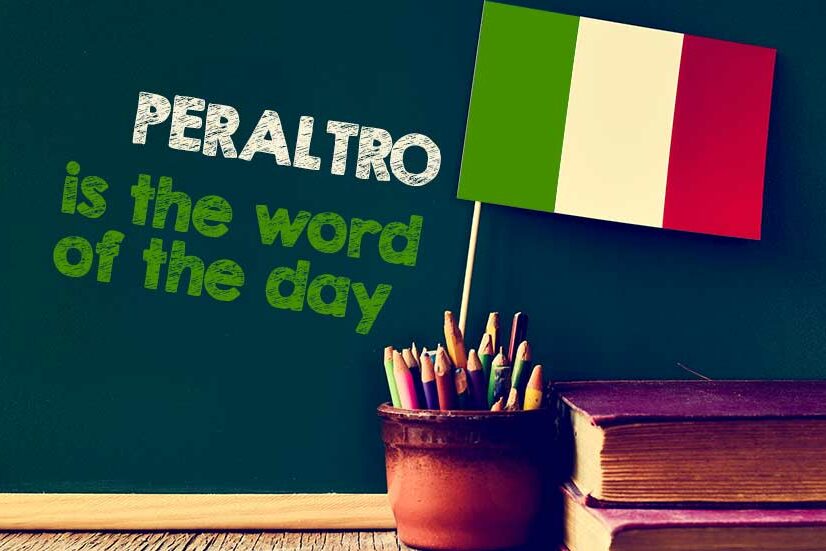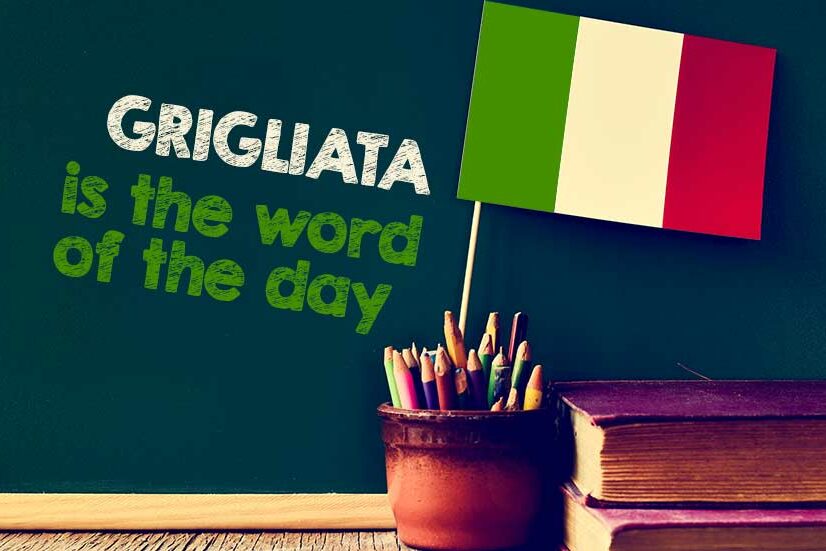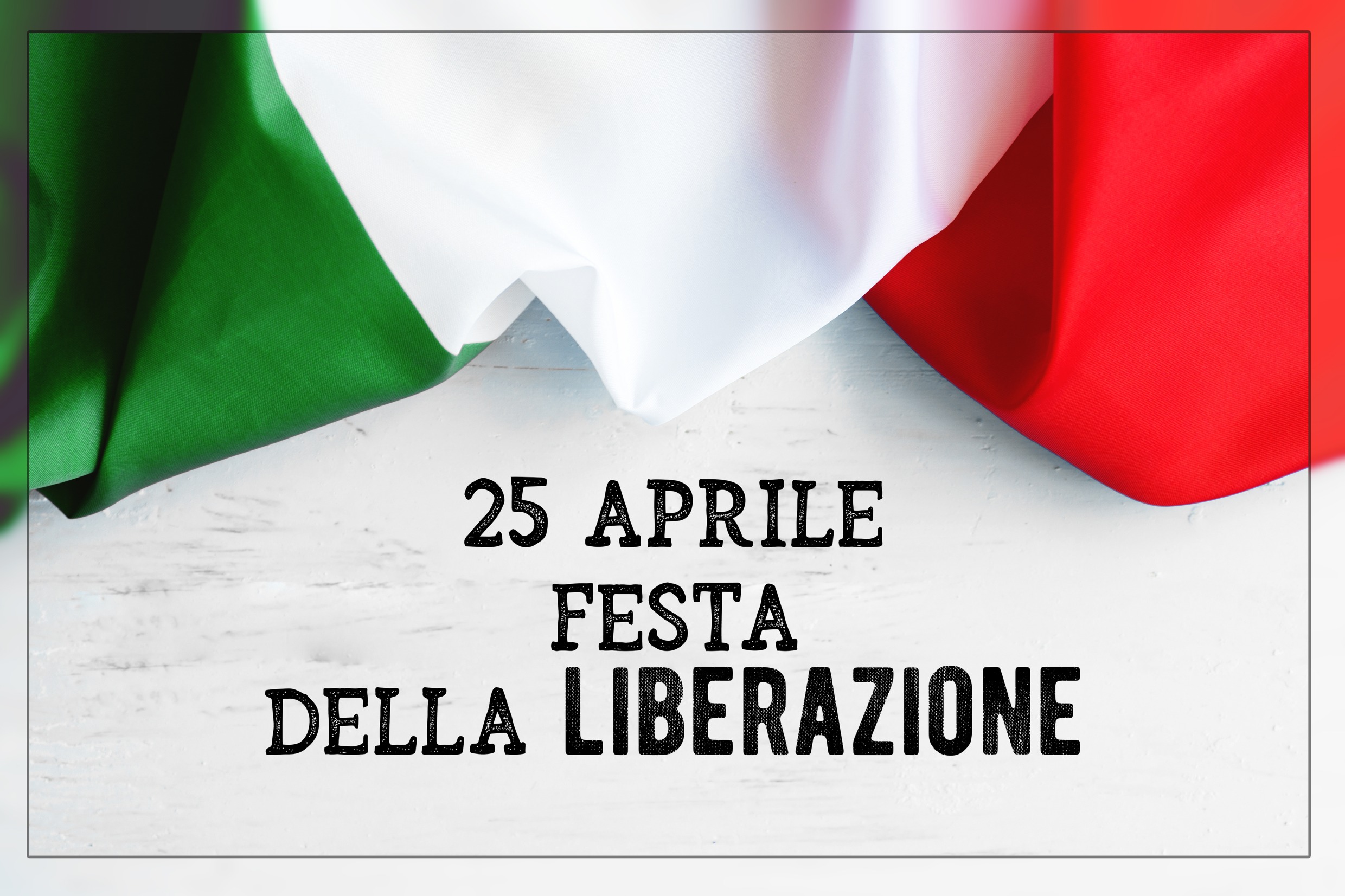There is a document that identifies and defines us throughout the world: the passport. The passport is required to enter into other countries and provides the authorities with the important details of our lives. For those who commit serious crimes, the passport is the first document that is confiscated in order to prevent escapes and ensures that all travelers are in compliance with the law.
At least this is the theory, but we all know that all those who travel do not always bring with them authentic documents and it certainly does not ensure that criminals don’t travel. We could go on to list all the legal benefits of the passport, but there is an important aspect regarding this document.
For many, it is the document that helps us define what we are in the eyes of the world. The passport shows that we belong to a particular country and so, when we enter into a new one, the treatment we receive can change according to the relations between those countries. During the Cold War, those who entered in the Soviet countries of Europe with American passports were treated with suspicion by the authorities and at times, followed, controlled in their movements and in their contacts with the locals and risked being judged as potential spies.
In the case of refugees, the passport could lead to major consequences, not for those who flee, but for those who remain at home. For this reason, many refugees who flee from dictatorships will destroy their passports, not to deceive the host authorities, but for fear of serious consequences to the relatives who remained at home just in case it would be discovered that an opponent to the regime had escaped to another country. In many cases, the persecuted leave without requesting a passports as a way to avoid giving clues to the authorities of their possibility of escaping. This is why we should not automatically think that the arrival of refugees without a passport is necessarily the reason to suspect that the fugitive is a criminal because of the missing document.
This fact about refugees is a delicate and complicated issue and although it is not the main idea in this article, we must keep in mind details like these when considering the refugee crisis that is creating havoc throughout the world.
But for legal immigrants, the passport is the document that follows the various phases of life. Of course, the passport is the way of requesting to depart and to enter countries that have accepted the desire to immigrate. As a result, the passport, along with a well-evidenced residency visa will be necessary to find work, open bank accounts and to begin the first steps of a new life.
In some countries, the purchase of land or a house, as well as certain delicate trades, such as military service and work in certain government departments, are excluded to foreigners: as a result the immigrant has to take the steps to change their citizenship, a step which is not always so easy. The question of citizenship inevitably involves the renunciation of previous citizenship, and for many, this is painful choice. In the case of the British Commonwealth countries, there are Italian immigrants who reject the new citizenship because it would involve an oath to the king or to the queen.
However, although the new citizenship changes our legal status, do we, as people change from moment to moment? The answer is no; we remain the same and the change of citizenship as well as the change of passport becomes the legal and solid recognition of the huge change made to the lives of each of us.
This does not mean that the immigrant loves the country where he was born and raised less. It means that he has taken the required steps to become a citizen of the country of residence, being able to participate in the life of his new country actively, thus being able to vote and participating in the life of this new country without barriers. The descendants of immigrants then become a special case.
For children born abroad prior to the parent’s citizenship change, there, exists the possibility to have dual citizenship. For example, Italian law gives citizenship to those born to at least one parent of Italian citizenship at the moment of his birth and in many countries, such as Australia and the United States, citizenship is given when born in the country. For this reason, some have the ability to have even three citizenships/passports depending on where their parents were born.
As the son of Italian immigrants in Australia, I have seized this opportunity to prove my roots and be able to unequivocally demonstrate being Italo-Australian. Of course, for many of us natives, it also becomes the means to be able to move to Europe to try other experiences and other ways of life, as thousands of us do every year and I confess to being part of this group.
However, regardless of how important these documents are in our lives, our identity is not based solely on them. Each of us is defined by our own lives, by our parents, by the type of education received and by our actions. Not all children of immigrants have dual citizenship and it is possible that there are families with children born before and after the change of their parents citizenship that either have or do not have dual citizenship. In these cases, the absence of a second citizenship is not to say they are not Italian-Americans,, Italo-Australians, and so on.
The immigrants and their children are actually children of two countries. They live in a house with the language and the traditions of their place of origin and outside the walls of the house, they live according to the laws and traditions of the country of residence. Then, according to the prejudices towards each group and the history of each country of residence, this double life is not always easy. This situation, that we now see more and more in Italy with the integration of new immigrants, is not always easy.
The preservation of Italian traditions by descendants of Italian immigrants clearly shows this double life. In fact, American experiences, and now those also in other countries, shows that third and fourth generation children always want to know more about their origins. In these cases, passports do not have such an important legal role. In all cases, those with or without passports, are descendants of Italians and therefore part of Italian history itself. The presence in Rome of Members of Parliament that are elected abroad is the official recognition of this phenomenon.
This is why we no longer think that immigration is a one-way trip. Immigration is a trip that lasts a lifetime for the immigrant and continues on over to the next generations. For Italy, this is part of our heritage and we must take the necessary steps to make everyone understand the reality of our country.
